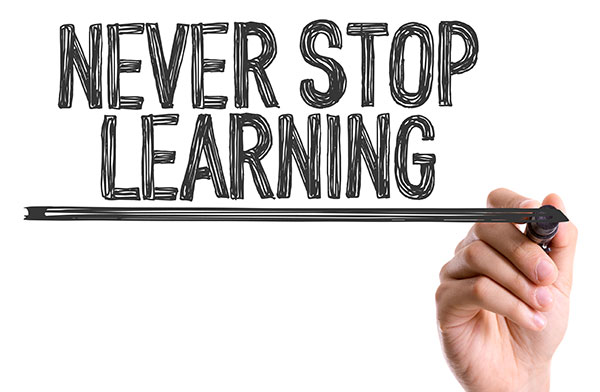For students seeking greater flexibility in their studies, including those interested in online language courses, online education presents an excellent opportunity. However, pursuing an online degree comes with its challenges. Here is a compilation of the most prevalent mistakes made during online study and guidance on how to circumvent them.
Not Verifying the Certification
When receiving a new application, one of the first things potential employers and college officials will check is whether the applicant has previously attended an authorized college.
By being accredited, a school and its programs have passed an independent evaluation by a third-party body, which found they provide the student with high value.
Finding out if the online education degree programs you want to enroll in are accredited is the most important thing you can do to have a successful online education that will seriously aid your future job goal. With WordPress LMS plugin, you can create accredited online courses that provide quality education and help learners build credentials that matter.
Lacking Basic and Technical Knowledge

Simply put, students who take online courses frequently fail to comprehend the course’s fundamental concepts. Make sure this is the proper course for you before starting any online course.
If you realize that you are lacking in fundamental abilities, you must take steps to get better. Are you adept at typing, sending professional emails, comprehending web forums, and following online etiquette? Do you have any knowledge about how to research online? Never put something into practice before checking your knowledge of it. These fundamental concepts are covered in specific online courses.
What Kind of Learner Are You?
Committing to online education without first determining whether your learning style is suitable for the platform would be time-wasting. Learn about the various online learning approaches, including different online learning platforms, and how they may enhance or detract from your efforts. You’ll feel more at ease continuing your studies the more comfortable you get with yourself. You will also meet others in online programs whose learning styles may coincide with your own.
Lack of the necessary technology to fulfill course requirements
You’ll need a strong Internet connection and enough capacity to view the required graphics for online degree programs.
Ask about any technical prerequisites before enrolling in an online course to be sure you can fulfill them.
Additionally, you might need to buy some software.
You may find out if the school offers free online student academic support information so that you can solve technological problems, utilize virtual laboratories and cloud services, and get assistance with time management and online learning techniques, among other things.
All of this can be a sign of high-quality education.
Working Without Feedback
Online learning frequently produces a bubble effect and a feeling of loneliness. Finding the answer takes a lot of work and the formation of wholesome habits. Engage with your classmates in the discussion boards on your course site. And if you are having trouble understanding the content or are confused in the class, ask for assistance.
You could access internet resources for writing essays or getting help with classes, but you don’t use them since you’re used to doing everything alone. Avoid falling for this trap.
Being unable to study in a suitable setting
Students may study from any location thanks to the flexibility of online learning. But before you sit down to begin working, you should check your surrounding:
– Is it silent?
– Is there adequate lighting?
– Do you have a reliable internet connection?
Make sure everything is tidy before you begin studying if you do it at home. Chaos can make you unmotivated and unproductive. Having the right setting is important, especially when you’re taking a course that will have an impact on your future.
To wrap this all up
So, those are some of the most common mistakes that end in dropping your online courses. Recognizing them on time will help you succeed in whatever online course you decide to attend.

